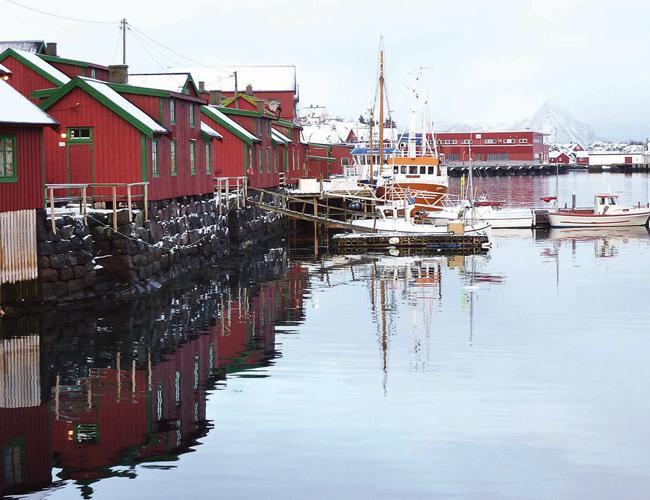
Many Norwegian companies lag high standards for reporting their impact on the environment that the Nordic nation’s $1 trillion wealth fund is championing abroad in 2018.
The world’s biggest sovereign wealth fund, which is barred by the Norwegian government from investing at home, wants the 9,100 companies in which it holds stakes to submit data on issues such as water use and climate effects to London-based non-profit group CDP, formerly the Carbon Disclosure Project.
In Norway, just two firms - DNB bank and property firm Entra - were on a CDP list of 160 “A” rated performers worldwide for disclosure in 2017. That was comparable to other Nordic nations but not exemplary, CDP data show.
Norway’s state-controlled oil group Statoil got an “F” grade for disclosure of fresh water use - a core focus area for the fund abroad - after it declined to take part in the CDP survey.
On climate change reporting, including tracking greenhouse gas emissions, Statoil got a strong “A-”.
“It’s not our responsibility” to ensure that Norwegian firms comply, central bank governor Oeystein Olsen told Reuters when asked if Oslo was pressing higher standards abroad than at home. The wealth fund is managed by a unit of the central bank.
CDP said there were no Norwegian firms, for instance, among almost 100 companies including L’Oreal, Walmart and Toyota rated as leaders in tracking greenhouse gas emissions in their supply chains.
“If Norwegian companies want to take a leadership role on climate change they should be engaging with their suppliers on these issues,” said Sonya Bhonsle, head of supply chain at CDP.
Norway’s fund, built from the nation’s oil and gas revenues, says global warming is stoking downpours, droughts and rising sea levels that threaten long-term earnings. It says investors need harmonized data to compare risks.
Its policies, such as restricting investments in coal companies, have huge influence for companies and investors because it owns on average 1.4 percent of all listed shares worldwide.
Yngve Slyngstad, the fund’s CEO, said it encouraged companies abroad to “strengthen their reporting in general, directly to the investors, but also indirectly through the CDP”. Few companies are doing enough on climate change, he said.